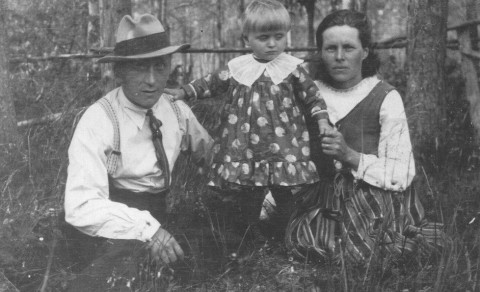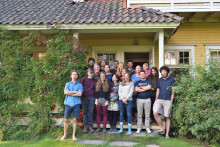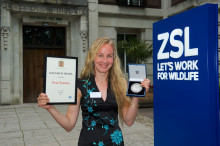
Karelia-project's newest paper by Robert Lynch, Virpi Lummaa, Kathrik Panchanathan, Kevin Middleton, Anna Rotkirch, Mirkka Danielsbacka, David O'Brien and John Loehr is published in Nature Human Behaviour 2019:
Integration involves a trade-off between fertility and status for World War II evacuees
Abstract
Understanding how refugees integrate into host societies has broad implications for researchers interested in intergroup conflict and for governments concerned with promoting social cohesion. Using detailed records tracking the movements and life histories of Finnish evacuees during World War II, we find that evacuees who intermarry are more likely to be educated, work in professional occupations, marry someone higher in social status and remain in the host community. Evacuees who intermarry before the war have fewer children, whereas those who marry into their host community after the war have more children. These results indicate that life-history and assimilation outcomes depend on key differences between pre-war environments—when migrants are living in their own communities—and post-war environments—when migrants are living in the host community. Overall, this suggests that integration involves a trade-off between reproduction and status such that evacuees who integrate gain social status, whereas those who maintain stronger bonds with their natal communities have higher fertility. We discuss these results within the framework of social capital, intergroup conflict and life-history theory and suggest how they can inform our understanding of evolutionary adaptations that affect tribalism.


